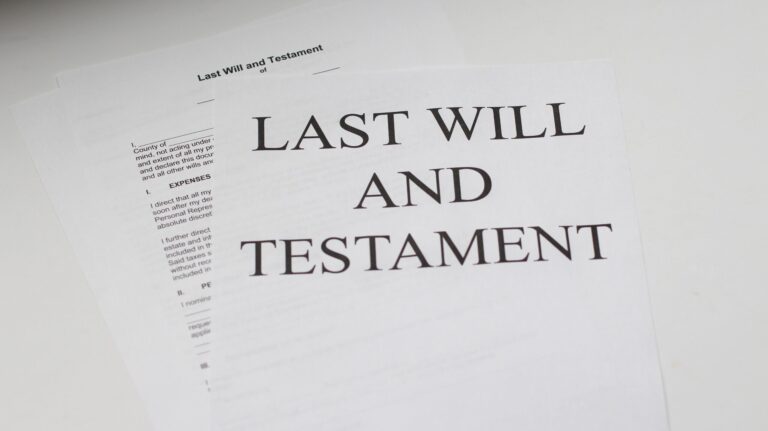
The October 14, 2020 opinion from Florida’s Third District Court of Appeal affirmed the trial court’s denial of a petition for administration, grounded on a finding of undue influence.
The takeaway from this opinion is the Third District’s explanation that the factors in the seminal case of In re Carpenter’s Estate, 253 So. 2d 697, 702 (Fla. 1971) are not an exhaustive list, but rather are illustrative and aid the trial court in “looking for those warning signals pointing to active procurement of a will by beneficiary.” (Citations omitted.)
With the exception of purported undue influence by a spouse, undue influence is presumed when (i) a person with a confidential relationship with the testator, (ii) was active in procuring or securing the preparation or execution of the devise and (iii) is a substantial beneficiary thereof. Then the burden shifts to the person who conducted the influence to rebut the presumption by presenting evidence to the contrary. See Carpenter.
The active procurement factors set forth in Carpenter are what that non-exhaustive or non-exclusive list is referring to in this new Third District opinion.
These factors are:
Some of the additional factors which are not in this non-exhaustive list, but rather were later developed through case law after the Carpenter decision include:
In the event you are faced with a will which you believe to be the product of undue influence, it is imperative that you speak with your experienced probate lawyer to advise you on your rights and time frames to raise objections right away, as often times these deadlines are limited and short in duration.